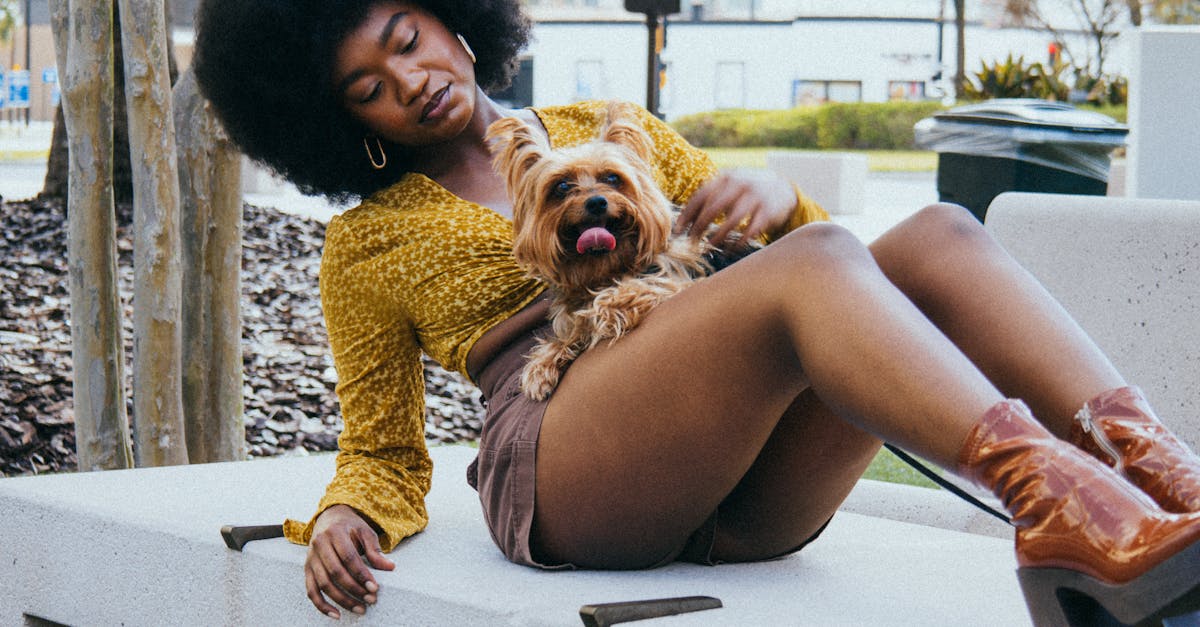I could really use some advice. I'm feeling pretty overwhelmed right now. My 9-month-old kitten, Luna, has started throwing up her kibble on what seems like a daily basis now. This just started out of the blue last week, and it's breaking my heart to see her like this. She's always been such an energetic little furball, and watching her slow down a bit is so worrying. I've tried switching her food to see if that helps, but no luck so far. She still uses her litter box regularly and drinks water, but I can’t shake the feeling that something’s off. Has anyone else dealt with this? I’m starting to think it might be time for a vet visit, but any insight or similar experiences would be super helpful. Thanks in advance!
Hello there! I'm sorry to hear that your young cat is having tummy troubles. Let's see if we can figure out what might be going on.
Frequent vomiting can have a few different causes. Sometimes, cats eat too quickly, especially when they're excited or really hungry. This can result in their kibble coming back up soon after a meal. Cats can also have food intolerances or allergies, which can cause vomiting. Hairballs are another common culprit, especially if your cat grooms themselves a lot. Lastly, stress or changes in their environment can sometimes upset their stomach.
For now, try giving your cat smaller, more frequent meals to see if that helps. You can also try spreading their kibble on a flat surface or puzzle feeder to slow down their eating. Make sure they're drinking enough water too, as hydration is important.
Keep a close eye on any changes in your cat's behavior or appetite. Signs like continuous vomiting, lethargy, diarrhea, or weight loss could indicate a more serious issue that needs veterinary attention.
If your cat's vomiting persists or if you notice any concerning symptoms, it might be a good idea to book a video consult with one of our vets here at Dial A Vet. That way, we can ensure your feline friend gets back to feeling great.
The "Ask a Vet" forum on Dial A Vet offers general information and helpful tips on pet health, but it's
not a substitute for professional veterinary care. The advice here doesn't create a veterinarian-client-patient relationship, and our vets can't diagnose or treat your pet remotely.
For emergencies or specific medical concerns, always contact your local veterinarian immediately. Your pet's health is unique, and decisions should only be made after consulting with a qualified professional. By using this forum, you acknowledge these limitations and agree to seek in-person veterinary advice for all your pet's health needs. View our
content guidelines.



%2520(1).png)



.jpg)








